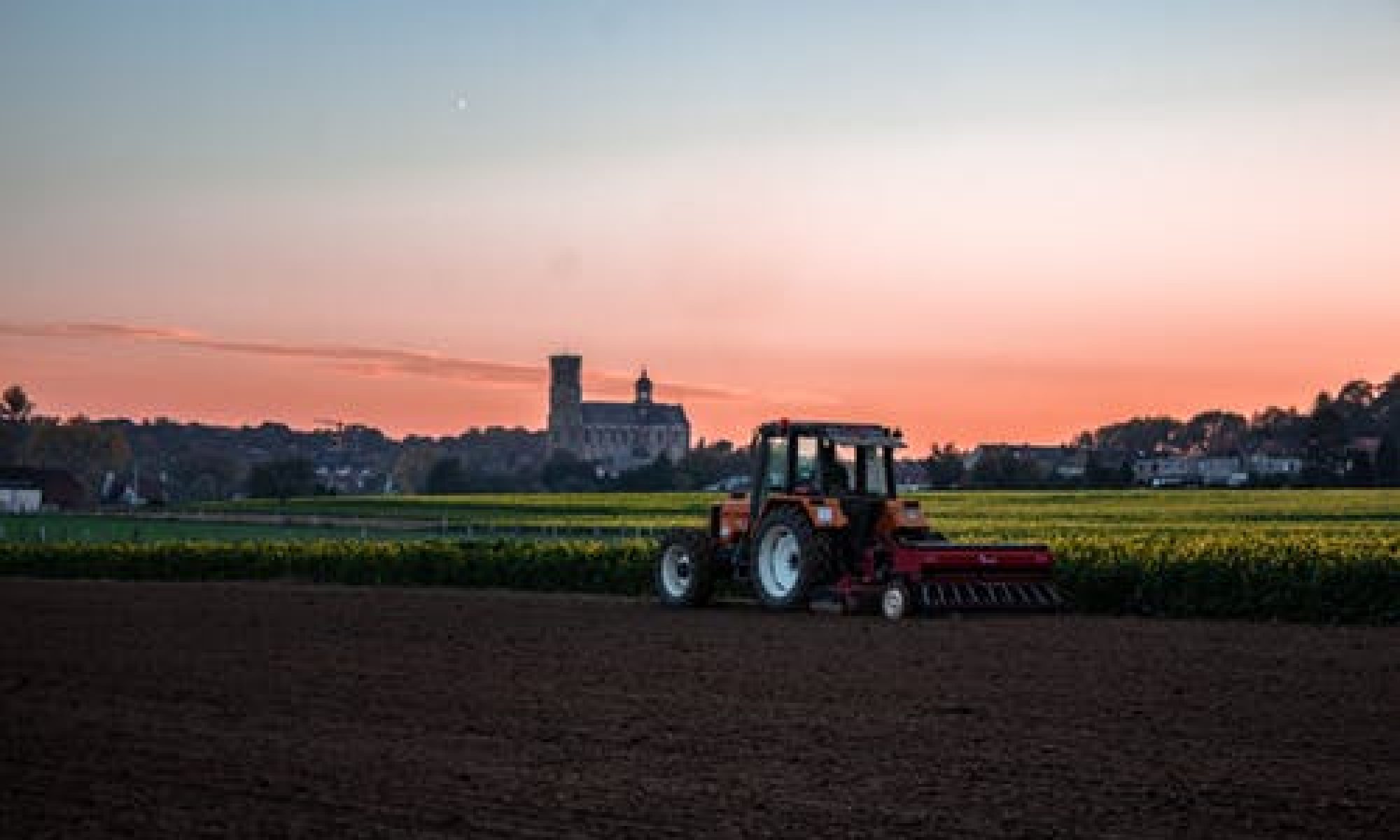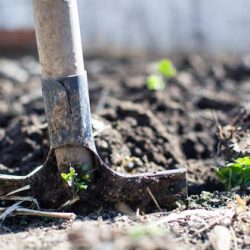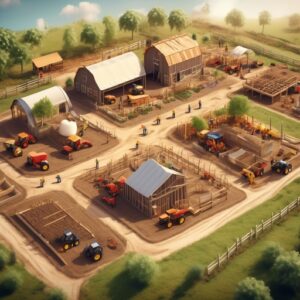In the heartland of America, where agriculture reigns supreme, St. Louis farms stand as pillars of productivity and prosperity. Yet, when it comes to construction projects on these farms, the decision to hire a general contractor is often overlooked or undervalued. In this article, we’ll delve into three compelling reasons why St. Louis farms should always prioritize the expertise of general contractors for any construction endeavors. From efficiency and safety to cost-effectiveness and quality assurance, the benefits are abundant and indispensable.
Expertise and Efficiency
Construction projects on farms are multifaceted endeavors that demand meticulous planning, precise execution, and comprehensive oversight. General contractors bring a wealth of expertise to the table, ensuring that every aspect of the project is handled with efficiency and proficiency.
A skilled general contractor possesses an in-depth understanding of construction processes, local building codes, and industry best practices. From obtaining necessary permits to coordinating subcontractors and managing timelines, they navigate the complexities of construction projects with finesse.
In the context of St. Louis farms, where time is of the essence and agricultural operations are seasonally dependent, efficiency is paramount. A general contractor streamlines the construction process, minimizing downtime and maximizing productivity. Whether it’s erecting a new barn, renovating existing structures, or implementing irrigation systems, their expertise accelerates the pace of progress without compromising quality.
Furthermore, general contractors leverage their network of trusted suppliers and subcontractors to procure materials promptly and at competitive prices. This ensures that construction projects stay on budget and on schedule, alleviating the financial burden on St. Louis farms.
Safety and Compliance
Safety is non-negotiable in any construction endeavor, but it holds particular significance on farms where hazards abound. From heavy machinery and elevated structures to electrical systems and confined spaces, the agricultural environment poses inherent risks to workers and bystanders alike.
General contractors prioritize safety as a cornerstone of their operations. They conduct thorough risk assessments, implement stringent safety protocols, and enforce compliance with Occupational Safety and Health Administration (OSHA) regulations. This proactive approach mitigates the likelihood of accidents and injuries, safeguarding the well-being of everyone involved in the construction project.
Moreover, general contractors are well-versed in building codes and zoning regulations specific to St. Louis and its surrounding areas. By ensuring strict adherence to these standards, they prevent costly delays, fines, and legal complications that can arise from non-compliance. Whether it’s seismic requirements for new constructions or environmental regulations for agricultural facilities, general contractors navigate the regulatory landscape with precision and proficiency.
Quality Assurance and Longevity
The durability and longevity of farm structures are paramount, as they directly impact the operational efficiency and profitability of St. Louis farms. By entrusting construction projects to general contractors, farm owners can rest assured that quality is never compromised.
General contractors uphold the highest standards of craftsmanship and construction excellence. They employ skilled tradespeople who possess the technical expertise and attention to detail necessary to deliver superior results. Whether it’s utilizing premium materials, implementing robust building techniques, or conducting rigorous quality inspections, they prioritize longevity and durability in every aspect of the project.
Furthermore, general contractors often provide warranties and guarantees on their workmanship, offering peace of mind to St. Louis farms. In the event of any issues or defects, they stand behind their work and undertake necessary repairs or adjustments, ensuring that farm structures withstand the test of time.
Conclusion
In the dynamic landscape of St. Louis farms, where innovation and efficiency drive agricultural success, the role of general contractors in construction projects cannot be overstated. Their expertise, efficiency, commitment to safety, and dedication to quality assurance make them indispensable partners for farm owners seeking to enhance their infrastructure and operations.
By leveraging the services of St. Louis general contractors, farms can navigate the complexities of construction with confidence, knowing that their projects are in capable hands. From barns and silos to irrigation systems and storage facilities, the collaborative efforts between farms and general contractors lay the foundation for a sustainable and prosperous future in agriculture.











